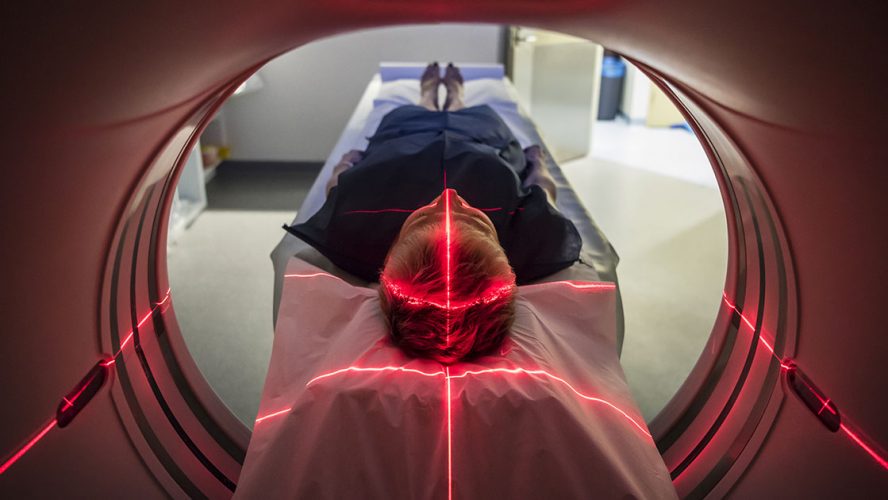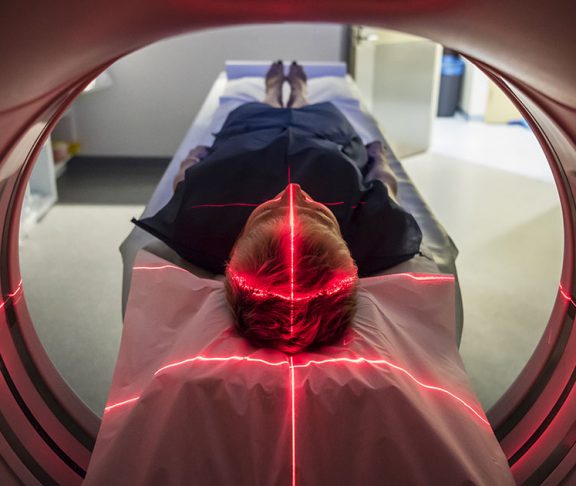
Edward Abrahams
President, Personalized Medicine Coalition
When it comes to medicine, one size does not fit all. Treatments that help some patients are ineffective for others, and the same medicine may cause side effects in only certain patients.
Yet most health care decisions are still made based on population averages. As a result, health care systems around the world continue to deliver inefficient care that often fails to help significant portions of the patient population.
Rejecting the average
Enter personalized medicine. Personalized medicine, sometimes called precision medicine, is an evolving field in which physicians use diagnostic tests to identify specific biological markers, often genetic, that help determine which medical treatments and procedures will work best for each patient. By combining this information with an individual’s medical records, circumstances and values, personalized medicine allows doctors and patients to develop targeted treatment and prevention plans.
Thanks to several scientific breakthroughs in 2017, personalized medicine can now help even more people.
Specific applications
Children and young adults with leukemia that does not respond to traditional therapies, for example, are now eligible to receive a new FDA-approved treatment option that uses so-called “gene therapy” to re-engineer a patient’s own immune cells to combat the disease. More than 80 percent of patients who received the therapy in clinical trials went into remission.
Patients with solid tumors can now be tested for specific genetic mutations that might qualify them for the first FDA-approved drug to target any tumor that expresses certain genes, regardless of where that tumor is in the body.
Expanding access
And thanks to a recently announced proposal from the U.S. agency responsible for the oversight of Medicare and Medicaid, patients may soon have expanded access to a kind of test that can evaluate a cancer patient’s candidacy for personalized alternatives to chemotherapy much faster than ever before. Several of these next-generation sequencing tests earned FDA approval this year.
Meanwhile, outside of oncology, FDA’s scientific advisory panel has recommended the approval of a different application for gene therapy that promises to treat a rare, inherited form of childhood blindness.
This groundbreaking science anticipates a new era in medicine, in which we focus on getting the right treatment to the right patient at the right time.

